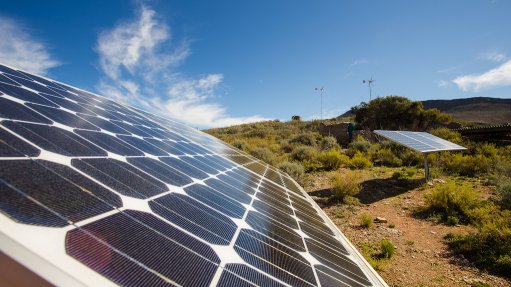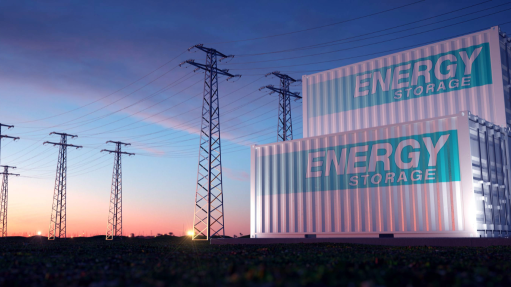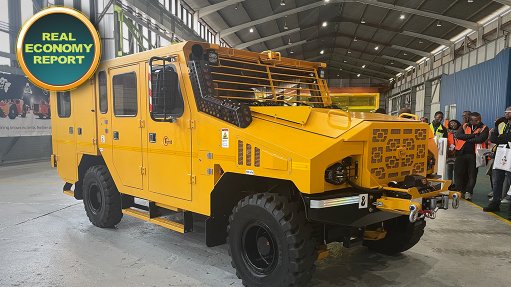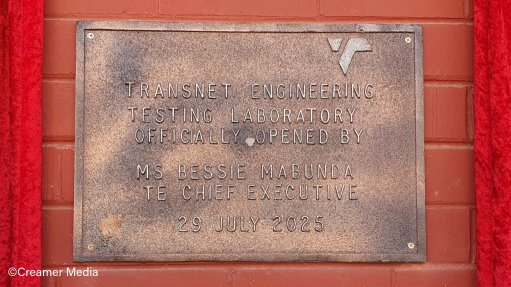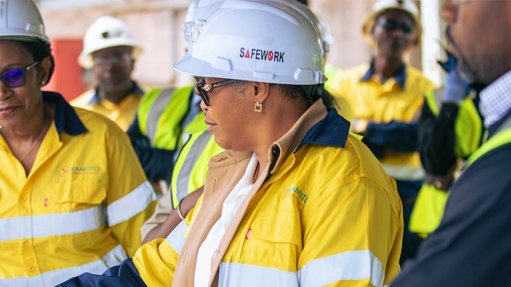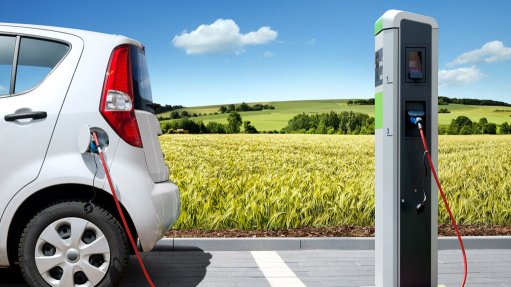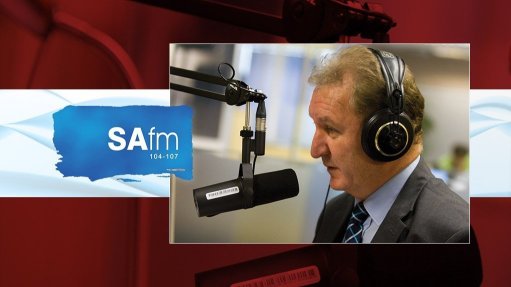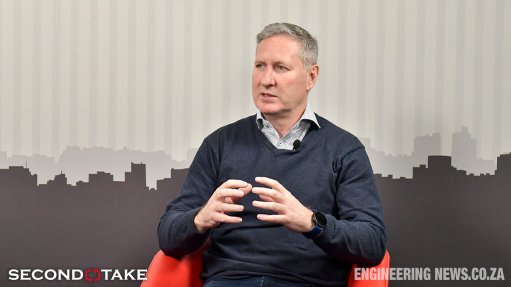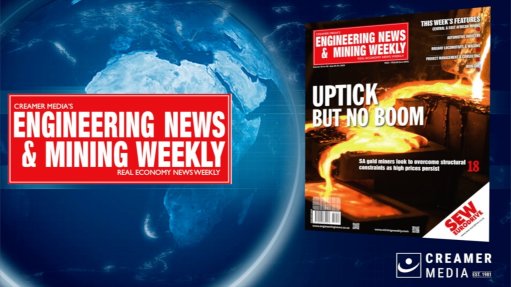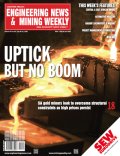Loophole harming sector

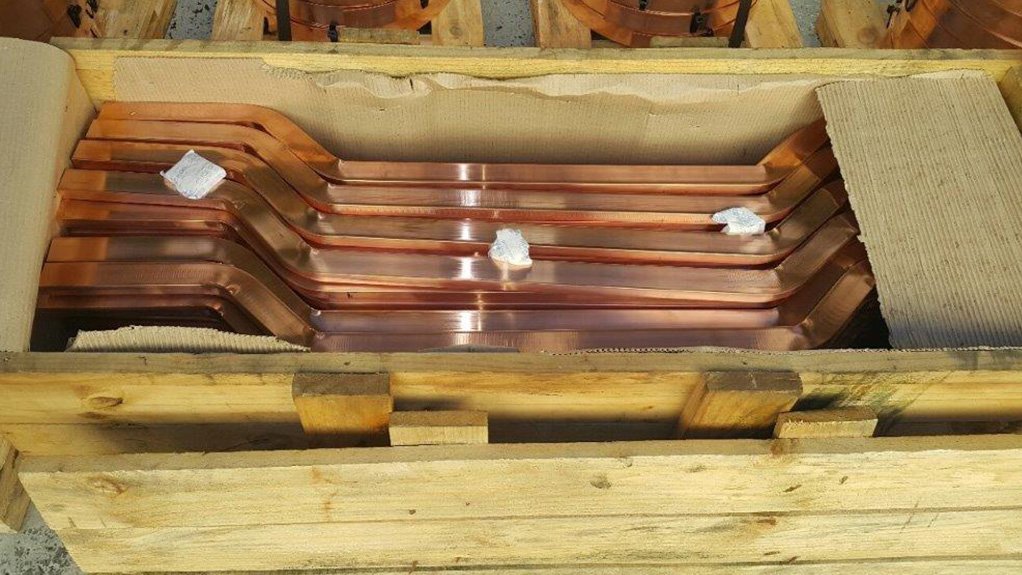
CONTINUAL PRODUCTION Despite setbacks caused by flooding, Non Ferrous Metal Works has maintained its order book of products like these copper hangbars for its client's
Although illegal mining, theft of equipment and infrastructure, and a lack of fully functional local copper mines affect South Africa's copper sector, the prevailing export of scrap copper through loopholes in export regulations is also a major concern, says South African nonferrous metals manufacturer Non Ferrous Metals Works director Ronald Lazarus.
These concerns need to be addressed urgently, at all levels, by all role-players in the industry.
Lazarus adds that the domestic copper beneficiation added value manufacturing industries have, over the years, suffered from degraded production and a loophole in the International Trade Administration Commission of South Africa (Itac) legislation on copper scrap export.
The loophole essentially enables copper recyclers to melt copper scrap into shapes, such as blocks, billets and ingots, thereby permitting their export, as a result of the new forms of copper scrap being designated as semi-finished products, thus bypassing a ban on the export of raw copper scrap.
Lazarus elaborates that this essentially enables copper scrap exporters to move copper scrap to overseas markets, channelling such products through large-sized merchants or trading houses.
The exported product is untraceable and its quality questionable, thereby detracting from correctly sourced and processed mined and recycled copper.
Therefore, it is imperative that the loophole be addressed to “stop criminality in the copper sector,” he tells Mining Weekly.
Hot Commodity
Industry body Copper Development Association Africa nonexecutive chairperson Evert Swanepoel says the increased demand for copper is producing a knock-on effect in the form of increased criminal activity as thieves target copper products, resulting in damage to South Africa’s copper-containing infrastructure.
Swanepoel and Lazarus suggest that the export loophole in the copper market can be closed with the deployment of a monitoring system to ascertain the origins and chemical makeup of all copper materials entering the market.
Although there is minimal illegal copper mining in South Africa, owing to the mineral’s intricate extraction process and finding an ideal copper-rich site, it is still a factor in the copper export dilemma.
Swanepoel adds that the price of copper increased to “extremely high levels”, exceeding $10 000/t in 2022.
He stresses that demand “greatly outweighs” supply in not only South Africa but also globally, which he attributes to the ballooning electric vehicle (EV) industry and other green energy technologies as part of a global drive to reduce carbon emissions.
The current global market for copper is about 25-million tonnes a year, which could increase to 60-million tonnes a year by 2050.
“Even with there being two new mines being developed locally, it remains to be seen if they will sell their copper to South African offtakers or export it to a more lucrative global market,” adds Lazarus.
He says that, so long as the Southern Africa Development Community remains a duty free trading region, any high-grade feedstock can be sourced from traditional copper-rich countries, such as Zambia and the Democratic Republic of Congo.
Nonetheless, Lazarus notes that most finished copper alloy components are largely reliant on quality assured ISO 9001 origin sourced copper recycled scrap.
Further, internal combustion engine vehicles manufactured in South Africa and exported to other countries will be replaced by EVs, which he notes cannot be produced in South Africa, owing to a lack of sufficient locally available copper material.
Looking to the Future
Subsequent to experiencing a major manufacturing setback in April 2022, owing to extensive flooding in Isipingo, KwaZulu-Natal, Non Ferrous Metal Works has started using its new smelting and casting plant which is based at the company’s Prospecton facility.
The company will also implement further new processing technologies in the first quarter of 2024.
The plant, which had been in operation for only two months before the floods, procured some of the “most technologically advanced” copper processing equipment in South Africa, says Lazarus.
“We have been using our older plant to ensure that we have maintained our contracts with current clients,” he adds.
Nonetheless, Lazarus enthuses that when the new plant comes on line, it can cater to all South Africa’s copper recycling requirements, even taking into account a greater demand borne out of more EV manufacturing.
He states that the new Prospecton smelter can cater for all South African quality assured and international graded copper and copper alloy requirements.
“It was our aim to become a key player in the supply of copper for domestic consumption, and in the next few months, we should achieve that aim,” concludes Lazarus.
Comments
Announcements
What's On
Subscribe to improve your user experience...
Option 1 (equivalent of R125 a month):
Receive a weekly copy of Creamer Media's Engineering News & Mining Weekly magazine
(print copy for those in South Africa and e-magazine for those outside of South Africa)
Receive daily email newsletters
Access to full search results
Access archive of magazine back copies
Access to Projects in Progress
Access to ONE Research Report of your choice in PDF format
Option 2 (equivalent of R375 a month):
All benefits from Option 1
PLUS
Access to Creamer Media's Research Channel Africa for ALL Research Reports, in PDF format, on various industrial and mining sectors
including Electricity; Water; Energy Transition; Hydrogen; Roads, Rail and Ports; Coal; Gold; Platinum; Battery Metals; etc.
Already a subscriber?
Forgotten your password?
Receive weekly copy of Creamer Media's Engineering News & Mining Weekly magazine (print copy for those in South Africa and e-magazine for those outside of South Africa)
➕
Recieve daily email newsletters
➕
Access to full search results
➕
Access archive of magazine back copies
➕
Access to Projects in Progress
➕
Access to ONE Research Report of your choice in PDF format
RESEARCH CHANNEL AFRICA
R4500 (equivalent of R375 a month)
SUBSCRIBEAll benefits from Option 1
➕
Access to Creamer Media's Research Channel Africa for ALL Research Reports on various industrial and mining sectors, in PDF format, including on:
Electricity
➕
Water
➕
Energy Transition
➕
Hydrogen
➕
Roads, Rail and Ports
➕
Coal
➕
Gold
➕
Platinum
➕
Battery Metals
➕
etc.
Receive all benefits from Option 1 or Option 2 delivered to numerous people at your company
➕
Multiple User names and Passwords for simultaneous log-ins
➕
Intranet integration access to all in your organisation







